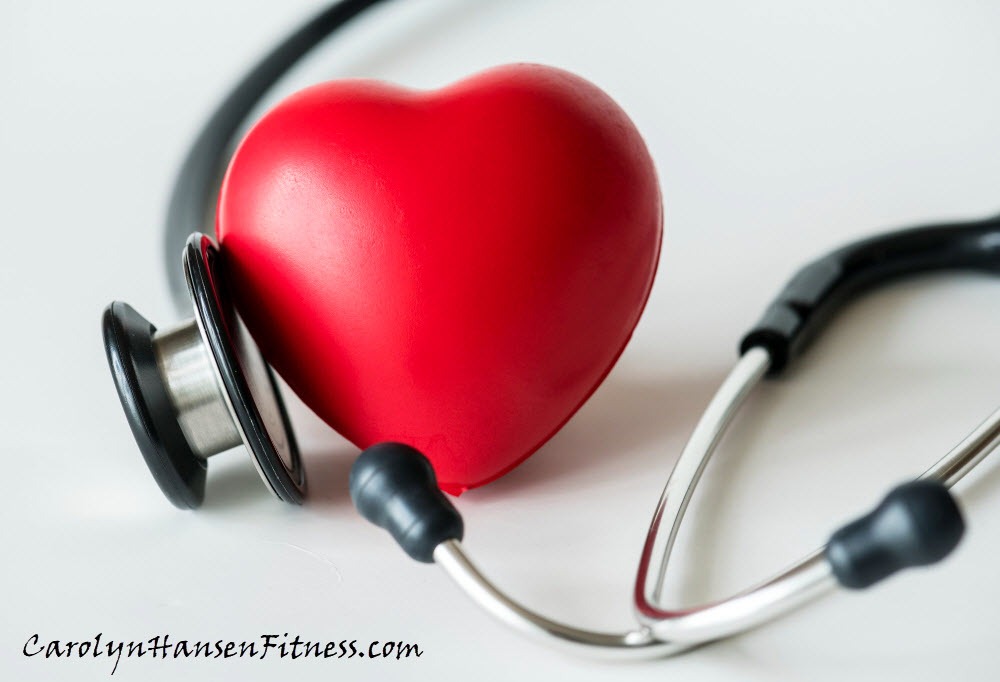Muscles are not optional—they’re mandatory for human movement, strength, and survival.
The human body has more than 600 muscles, all working together with bones, tendons, and joints to allow us to move, lift, carry, breathe, smile, and express emotion. Without our muscular system, we’d be stationary—and life would be a lot less fun.
From walking, running, and lifting to swinging a tennis racket or even blinking an eye, muscles are behind nearly every action we take. Even your facial expressions and the simple act of smiling involve muscular coordination. Muscles are at the core of our ability to function—and thrive.
Skeletal Muscles vs. The One That Works Non-Stop
Most of our muscles require conscious effort. When you reach to lift a box or stretch in the morning, your brain is sending signals to your skeletal muscles to take action. But one muscle works tirelessly without your input, and it’s arguably the most important one of all: your heart.
Yes, the heart is a muscle—and a powerful one. Often viewed only as an organ, the heart is actually a muscular organ, made up of cardiac muscle tissue (myocardium) and a group of specialized pacemaker cells that regulate your heartbeat automatically. These cells generate rhythmic contractions, keeping your blood circulating without you even thinking about it.
How the Heart Muscle Works
The heart’s main job is simple but critical: pump oxygen-rich blood throughout the body. It uses four chambers—two upper (atria) and two lower (ventricles)—along with heart valves to do this efficiently.
Here’s how it works:
-
Oxygen-poor blood enters the heart and is pumped to the lungs.
-
In the lungs, it releases carbon dioxide and absorbs fresh oxygen.
-
This oxygen-rich blood returns to the heart.
-
The heart pumps it out to the rest of the body.
This cycle happens nonstop—about 100,000 times per day. That’s roughly 2,500 gallons of blood being pumped daily. Clearly, this muscle deserves our attention.
Why Heart Health Should Be a Priority
Despite its importance, the heart is often neglected until something goes wrong. Alarmingly, heart disease is the leading cause of death globally. The good news? It’s mostly preventable through lifestyle choices.
1. Get Active
Heart disease is known as a lifestyle disease, meaning that our daily habits either raise or reduce our risk. One of the most powerful tools for prevention is physical activity.
Regular exercise:
-
Strengthens the heart muscle
-
Improves blood flow
-
Helps control blood pressure and cholesterol
-
Reduces the risk of type 2 diabetes
-
Keeps body weight in check
People who are sedentary double their risk of heart attack compared to those who are active. The best part? You don’t need to run marathons—even moderate activity, like brisk walking for 30 minutes a day, makes a huge difference. And if you increase the intensity, frequency, or duration of your workouts, the benefits multiply.
2. Maintain a Healthy Weight
Excess body fat, especially around the belly, is strongly linked to heart disease. Being overweight increases your risk of:
-
High blood pressure
-
High cholesterol
-
Stroke
-
Heart failure
Exercise helps burn calories and strengthens muscles—including your heart—while helping maintain a healthy body composition.
3. Eat for Your Heart
What we eat matters. A heart-healthy diet supports optimal cholesterol, blood pressure, and body weight.
Best foods for heart health include:
-
Fresh fruits and vegetables
-
Whole grains
-
Beans and legumes
-
Fat-free or low-fat dairy
-
Lean protein (chicken, fish, grass-fed beef)
-
Healthy fats (like extra virgin olive oil, avocado, nuts)
Avoid or limit:
-
Refined sugar
-
Excess salt
-
Alcohol
-
Trans fats (often in processed, fried, and packaged snacks)
-
Saturated fats from full-fat dairy and red meat
4. Manage Stress
Chronic stress increases blood pressure, weakens your immune system, and can trigger heart attacks. Practicing stress-reduction techniques is vital for heart health.
Try:
-
Meditation or mindfulness
-
Deep breathing
-
Yoga
-
Listening to calming music
-
Walking in nature or spending time with loved ones
5. Prioritize Quality Sleep
Sleep is when your body repairs and rejuvenates. Poor sleep leads to high blood pressure, weight gain, insulin resistance, and increased risk for heart disease.
Adults should aim for 7–9 hours of quality sleep per night. If you’re not sleeping well, your heart isn’t resting well either.
6. Ditch the Bad Habits
To support a healthy heart:
-
Quit smoking and avoid secondhand smoke
-
Limit alcohol consumption
-
Monitor blood pressure, cholesterol, and glucose levels
-
Manage existing conditions, like diabetes
These changes significantly lower your risk of developing cardiovascular disease and improve your long-term heart health.
The Strongest Muscle Deserves Your Best Effort
Your heart is not only the hardest-working muscle in your body—it’s also the most essential. It beats continuously from the moment you’re born until your very last breath. And yet, it often goes unnoticed until there’s a problem.
Isn’t it time we gave it a little more love? By staying active, eating clean, managing stress, and sleeping well, you’re not just caring for your heart—you’re investing in a longer, healthier, more energized life.
Everything you need to discover and live your best life possible can be found at:
Self-Improvement Gifts a Library of Free resources that will help you with all your health and fitness needs.


